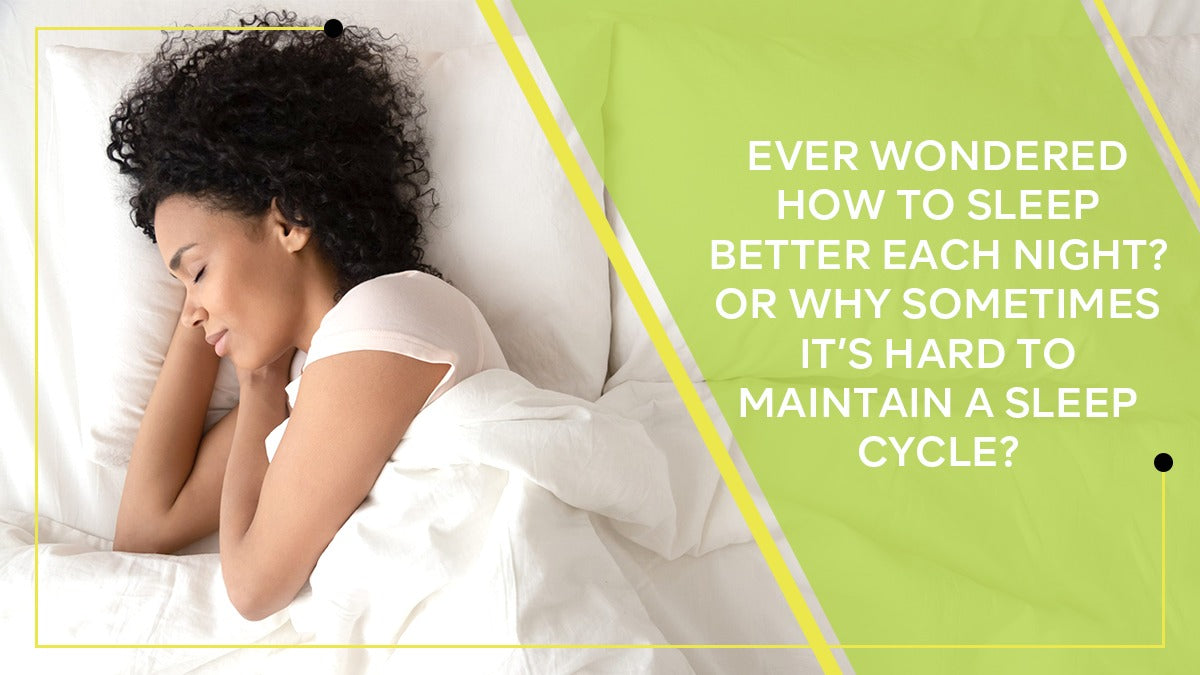

- Firm: For those who sleep on their stomachs, a firm mattress keeps your spine aligned.
- Medium: For those who sleep on their backs, a medium mattress will provide support for your spine, back and neck while keeping you comfortable.
- Soft: A soft mattress is great for those who sleep on the side because it supports and contours the body’s curves.

These days, our screens are the last thing we look at before we close our eyes to sleep. Studies have long shown that looking at digital screens before bedtime confuses our brains and sends signals to our brains to stay awake, essentially making it difficult to fall asleep. The environment around us should be conducive to sleeping. Removing distractions like the TV or mobile phones will signal our brains that it is time to rest for the night.
3) Consider a Bedtime Routine

With the rush of the day, and all the possible entertainment options like social media and Netflix, it’s no wonder that we stay up late into the night. Unfortunately none of this helps to achieve a rested sleep. Crafting a bedtime routine will help send a signal to your brain to naturally get itself ready for bed. Some things you can do before bed include yoga, lighting a candle, reading or even listening to calming music.
4) Set a Time and Stick To It

Decide on a time to sleep and stick to that routine as much as possible. It sounds like an easy task but with how stressful everyday life can be, this is more than just a simple challenge. Even though some might think that finishing work or chores is more important than a few extra winks, the continued lack of sleep will only make your subsequent task even harder to complete. So if you are thinking about burning the midnight oil for that work, jump into bed instead.
5) Exercise Regularly

When you exercise regularly, you’ll be tired when it’s time to sleep. This can be important, especially for those who have insomnia or find it difficult to fall asleep each night. You not only sleep better with regular exercise, but you’ll keep fit too. Just avoid exercising right before bed time as that will keep you awake instead.
6) Reduce The Temperature

Keeping the temperature down signals the body that it’s time for bed, according to various studies. Even if you like to bundle up in bed, try to stick a foot or a bit of your arm out of the covers. Lowering the temperature leads to lower heart rates, and that encourages you to slip into slumber more quickly.
The best temperature to sleep varies between person to person, but generally, the best bedroom temperature for sleep is approximately 65 degrees Fahrenheit (18.3 degrees Celsius).
Take up these tips to learn how to sleep better. If you continue to face difficulties in sleeping, consult a doctor or a specialist. Sleep is an important part of our health and lives.

